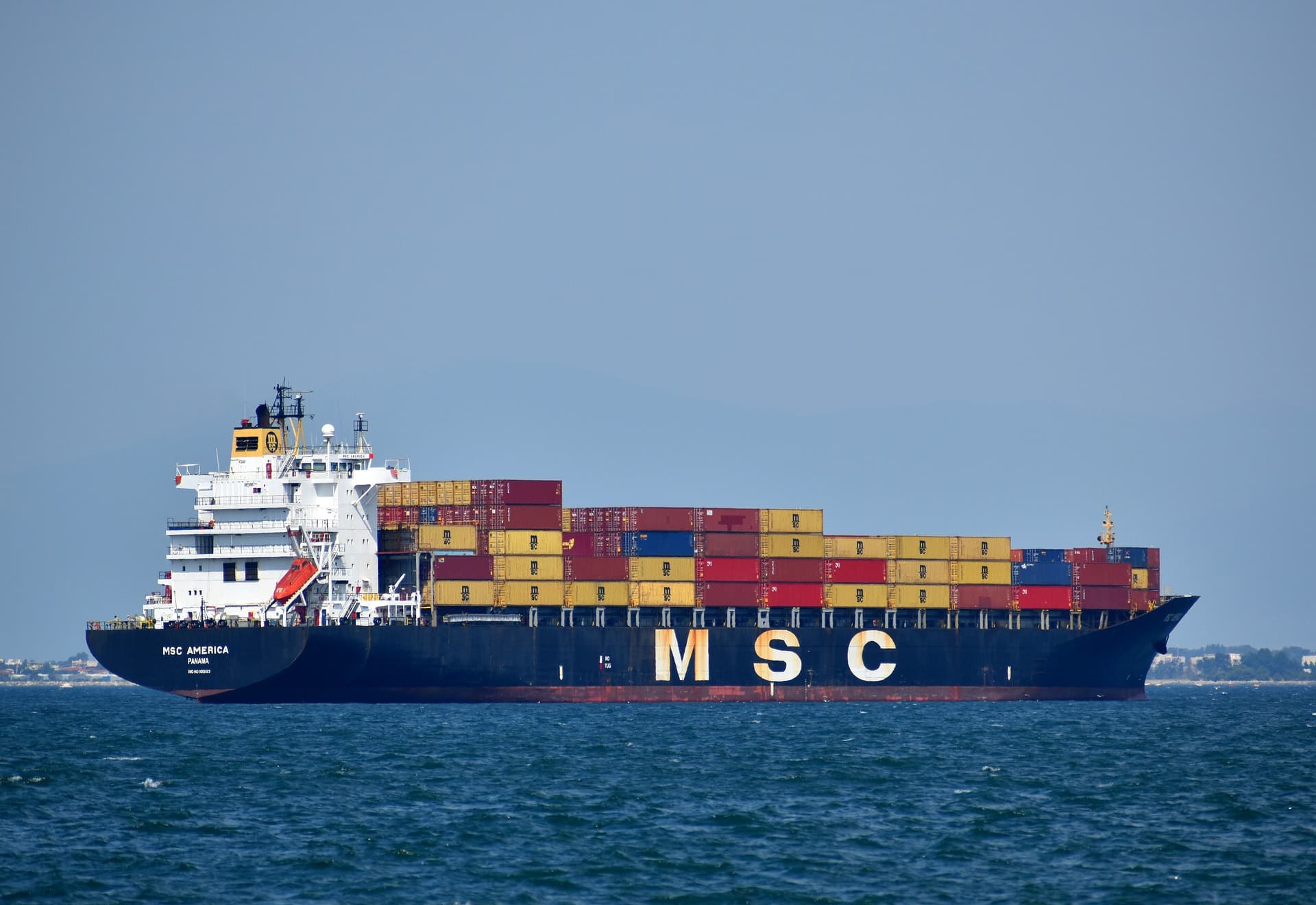Business
Government sets new norms to enforce country of origin check on inbound shipments through FTA
The government has framed new norms for the enforcement of rules of the country of origin intending to check inbound shipments of low-quality products and dumping of goods by a third country through an FTA partner country. The Customs (Administration of Rules of Origin under Trade Agreements) Rules 2020 will come into effect from September 21.
The Department of Revenue said the rules should apply to import of goods into India where the importer claims preferential rate of duty in terms of a trade agreement. According to an official notification, the rules of origin (country of origin) provision prescribes for minimal processing that should happen in the FTA country so that the final manufactured product may be called originating goods in that country. Under this provision, a country that has linked an FTA with India cannot dump goods from some third country in the Indian market by just putting a label on it.
According to the World Trade Organization (WTO), rules of origin are the criteria needed to determine that national source of a product. And rules of origin are used to implement measures and instruments of commercial policy such as anti-dumping duties and safeguard measures. It determines whether imported products shall receive most-favoured-nation (MFN) treatment or preferential treatment.
Also read: Indian MSME and ‘Country of Origin’ burden in the COVID-19 world
India has linked FTAs with several countries, including Japan, South Korea, Singapore and ASEAN members. Two trading partners, under such agreements, significantly reduce or eliminate import/customs duties on the maximum number of goods traded between them. To claim preferential rate of duty under a trade agreement, the importer or his agent, at the time of filing bill of entry, has to make a declaration in the bill that the imported products qualify as originating goods for a preferential rate of duty under that agreement, the notification outlined.
Moreover, the claim of a preferential rate of duty may be denied by the proper officer without verification, that is, if the certificate of origin is incomplete or has any alternation not authenticated by the issuing authority or the certificate is produced after its validity period has expired.







































